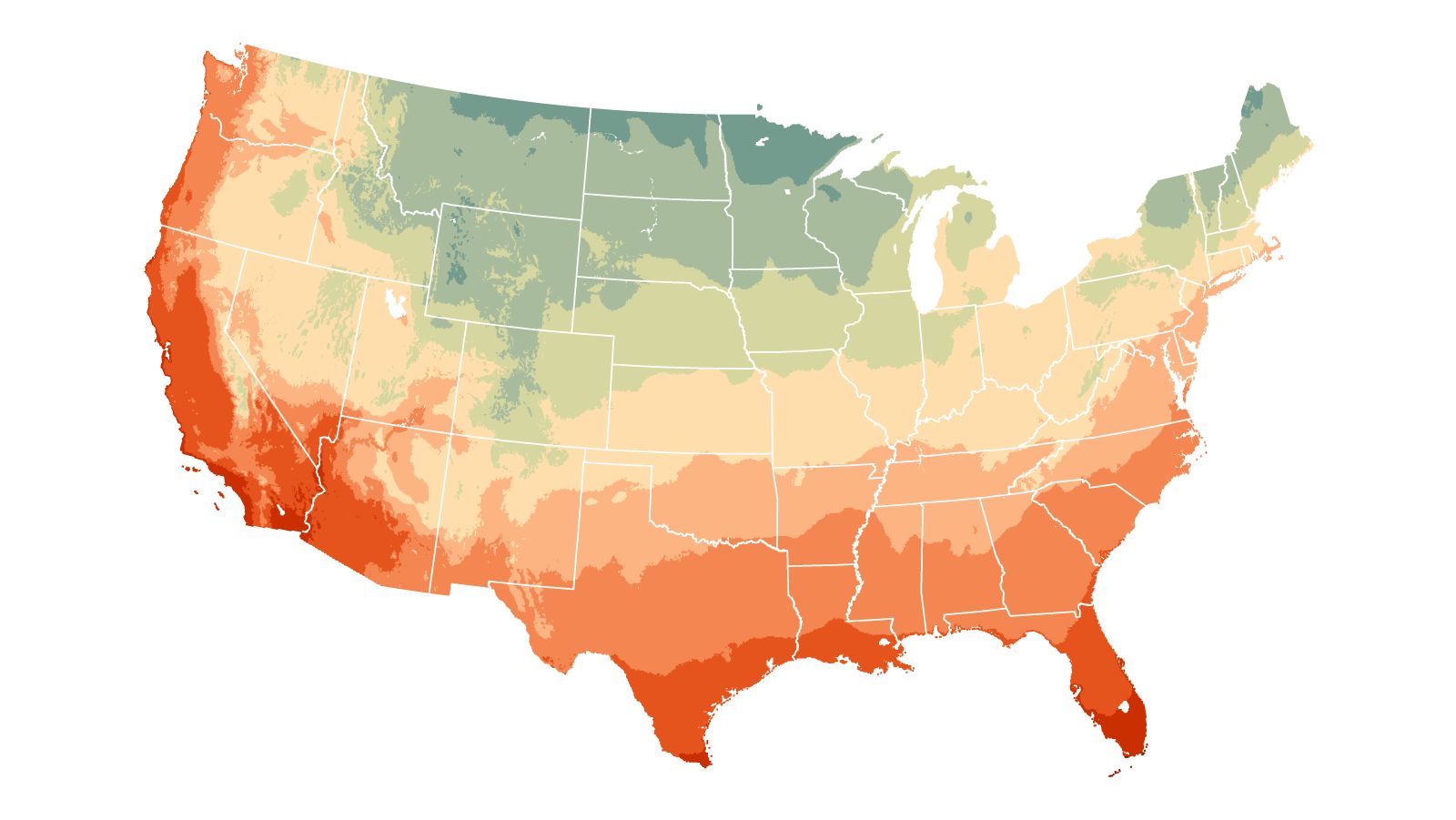
Hardiness is a term often tossed around in gardening circles, but what does it really mean? Hardiness refers to a plant's ability to survive adverse growing conditions, especially cold temperatures. Understanding hardiness is crucial for gardeners who want their plants to thrive year-round. This concept helps determine which plants can withstand the winter chill in your area and which ones might need a little extra care. Whether you're a seasoned gardener or just starting, knowing about hardiness can save you time, money, and effort. Ready to dig deeper? Here are 24 facts that will make you a hardiness expert in no time!
What is Hardiness?
Hardiness refers to the ability of plants to survive adverse growing conditions. This includes extreme temperatures, drought, and poor soil quality. Understanding hardiness can help gardeners choose the right plants for their environment.
-
Hardiness zones are geographical areas defined by climatic conditions, particularly minimum temperatures. These zones help gardeners determine which plants are likely to thrive in their region.
-
The USDA Plant Hardiness Zone Map is the most widely used system in the United States. It divides North America into 13 zones based on average annual minimum winter temperatures.
-
Microclimates can affect plant hardiness. A microclimate is a small area with a different climate than the surrounding region, such as a sheltered spot in a garden that is warmer than the rest.
-
Cold hardiness refers to a plant's ability to withstand low temperatures. Plants that are cold-hardy can survive frost and freezing conditions.
-
Heat hardiness is the ability of a plant to endure high temperatures. Heat-hardy plants can survive hot, dry conditions without wilting or dying.
Factors Affecting Plant Hardiness
Several factors influence a plant's hardiness, including genetics, soil conditions, and care practices. Knowing these can help improve plant survival rates.
-
Genetics play a significant role in determining a plant's hardiness. Some species are naturally more resilient to extreme conditions than others.
-
Soil quality affects plant hardiness. Well-drained soil helps prevent root rot and other issues that can weaken plants.
-
Watering practices are crucial. Overwatering or underwatering can stress plants, making them less hardy.
-
Mulching helps regulate soil temperature and moisture, protecting plants from extreme conditions.
-
Pruning can improve hardiness by removing dead or diseased branches, allowing the plant to focus its energy on healthy growth.
Hardiness in Different Plant Types
Different types of plants have varying levels of hardiness. Understanding these differences can help in selecting the right plants for your garden.
-
Perennials are plants that live for more than two years. Many perennials are hardy and can survive winter conditions.
-
Annuals complete their life cycle in one growing season. Some annuals are hardy and can tolerate frost, while others are more sensitive.
-
Biennials take two years to complete their life cycle. They often have a period of dormancy during extreme weather conditions, making them relatively hardy.
-
Evergreens retain their leaves throughout the year. Many evergreens are hardy and can withstand cold temperatures.
-
Deciduous plants lose their leaves in the fall. These plants often have a period of dormancy during winter, which can make them more hardy.
Improving Plant Hardiness
There are several ways to improve the hardiness of plants, ensuring they survive and thrive in challenging conditions.
-
Acclimatization involves gradually exposing plants to harsher conditions, helping them build resilience.
-
Proper fertilization can strengthen plants, making them more resistant to stress.
-
Choosing native plants can improve hardiness, as these plants are already adapted to local conditions.
-
Using windbreaks can protect plants from harsh winds, which can damage or dry out foliage.
-
Providing shade during extreme heat can prevent plants from wilting and dying.
Interesting Facts About Hardiness
Here are some fascinating tidbits about plant hardiness that might surprise you.
-
Some plants, like the bristlecone pine, can live for thousands of years due to their extreme hardiness.
-
Cacti are incredibly hardy, able to survive in some of the harshest desert conditions on Earth.
-
The Siberian elm is one of the hardiest trees, capable of surviving temperatures as low as -50°F.
-
Alpine plants grow in high-altitude environments with extreme conditions, making them some of the hardiest plants in the world.
Final Thoughts on Hardiness
Hardiness isn't just about surviving tough times; it's about thriving despite them. This trait helps people bounce back from setbacks, adapt to change, and stay strong under pressure. It combines commitment, control, and challenge, making it a powerful tool for personal growth.
Building hardiness involves developing a positive mindset, staying connected with supportive people, and embracing challenges as opportunities. It's not something you're born with; it's something you can cultivate over time.
Remember, hardiness can improve mental health, boost resilience, and enhance overall well-being. By focusing on these aspects, anyone can become more hardy and better equipped to handle life's ups and downs.
So, take these facts to heart and start building your hardiness today. You'll find yourself stronger, more resilient, and ready to face whatever comes your way.
Was this page helpful?
Our commitment to delivering trustworthy and engaging content is at the heart of what we do. Each fact on our site is contributed by real users like you, bringing a wealth of diverse insights and information. To ensure the highest standards of accuracy and reliability, our dedicated editors meticulously review each submission. This process guarantees that the facts we share are not only fascinating but also credible. Trust in our commitment to quality and authenticity as you explore and learn with us.


